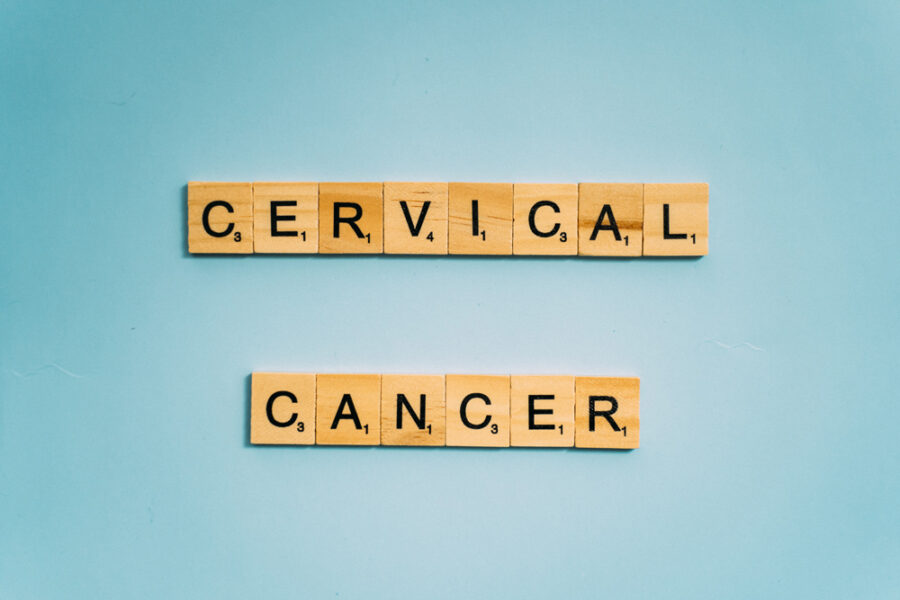Cervical cancer was once the most common cause of cancer death for American women until the development and regular use of the Pap Smear. Now a standard cancer screening for all women, the test has led to a significant drop in the rates of cervical cancer and death from the disease.
The HPV test is another important women’s health screening that is sometimes given in conjunction with the Pap smear or after an abnormal Pap smear. The HPV test detects the presence of human papillomavirus that can lead to abnormal cervical cells and the development of cervical cancer.
“The presence of HPV is very important to test for in women. The HPV virus can be compared to a cold virus, but unlike a cold it is passed sexually. Since we know there’s a link between HPV and cervical cancer, we screen for HPV to identify women who are at increased risk for developing cervical cancer,” said Weiss Senior Gynecologist Nichole Butler, M.D.
 Watch a video featuring Dr. Nichole Butler discussing the importance of the Pap smear and the relationship between HPV and cervical cancer.
Watch a video featuring Dr. Nichole Butler discussing the importance of the Pap smear and the relationship between HPV and cervical cancer.
Dr. Butler recommends everyone get the HPV test after age 30. “For women younger than age 30, we run an HPV screening only if their Pap smear is abnormal,” she added.
The link between the papilloma virus and cervical cancer was first reported in the 1980s. However, a vaccine would not be developed until the early 2000s, and the vaccine was not approved by the Food and Drug Administration until 2006 for girls and 2009 for boys.
For adults, the HPV vaccine is safe and effective for women and men, ages 27 to 45. “Pediatricians should be giving the vaccine so that we start at a younger age before people are sexually active as we know this virus is sexually transmitted. I am a big fan of the HPV vaccine,” she said.

